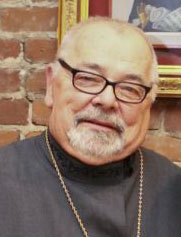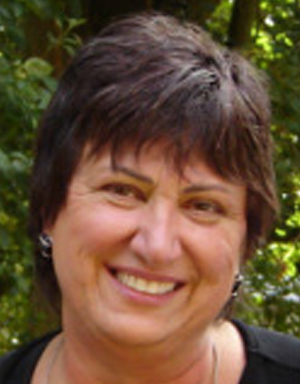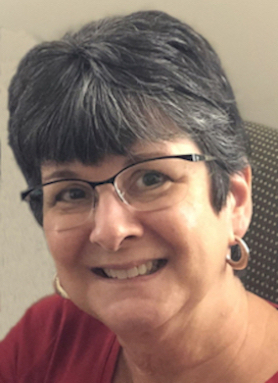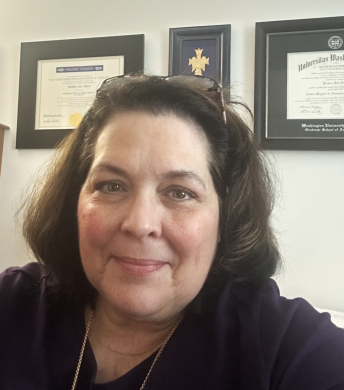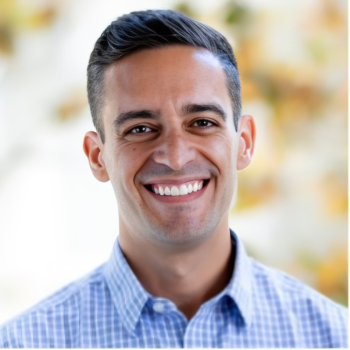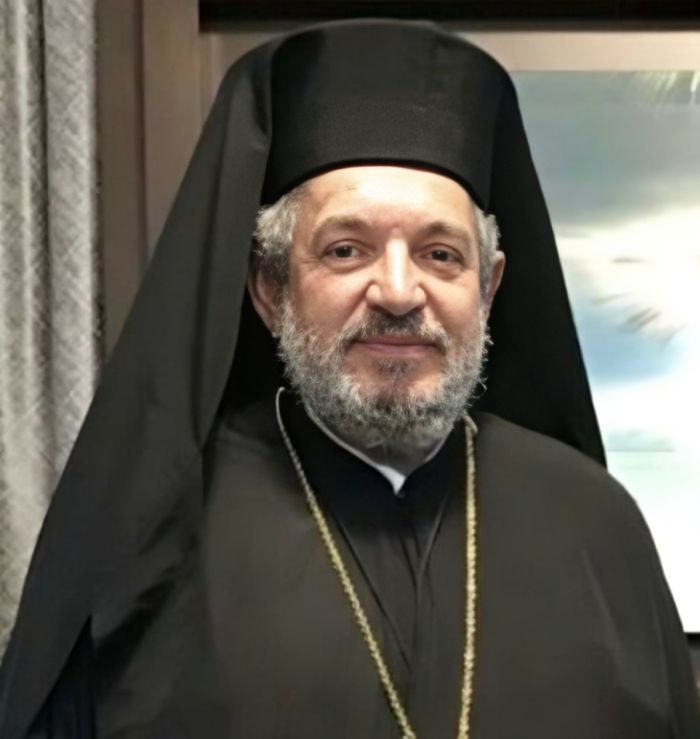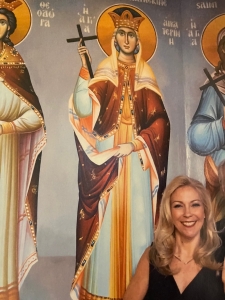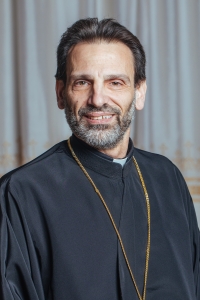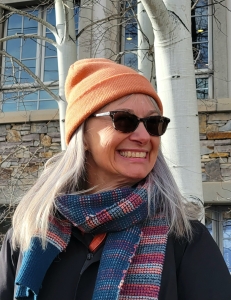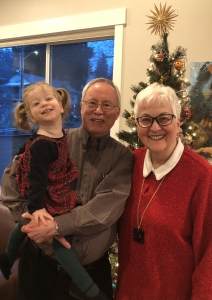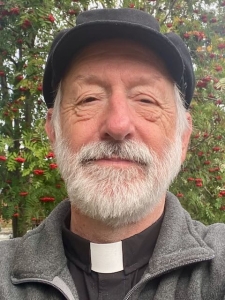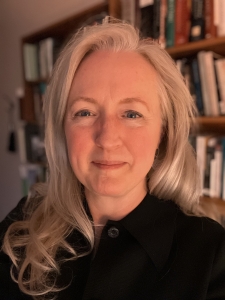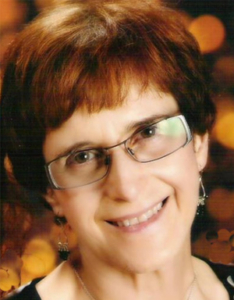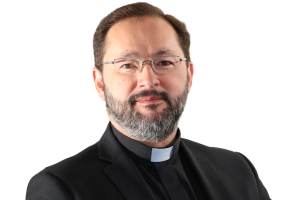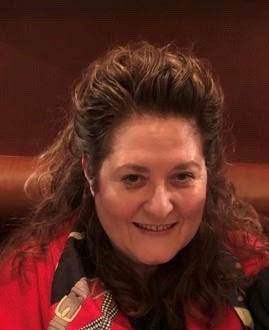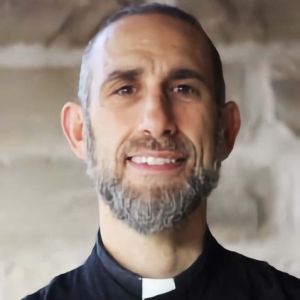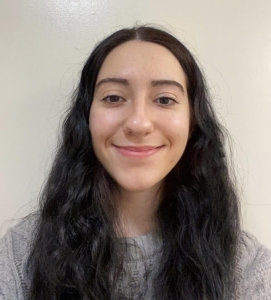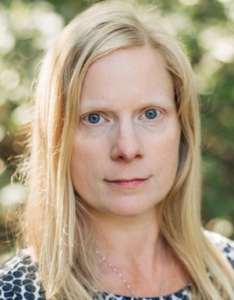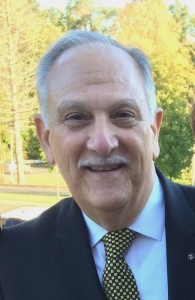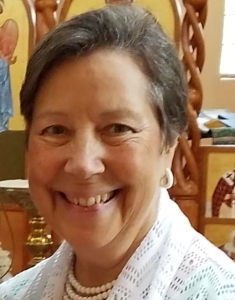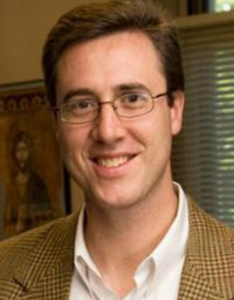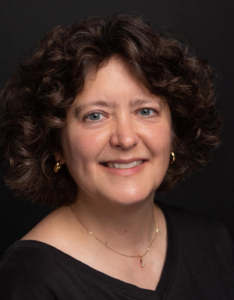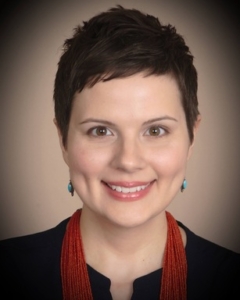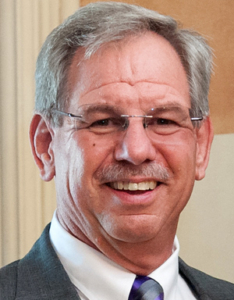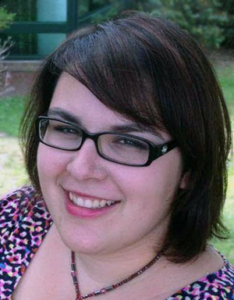Reflections for the 21st Orthodox Church in America All-American Council from OCA Supporters of the Revival of the Female Diaconate
In advance of the All-American Council (AAC) to be held in July 2024, His Eminence Metropolitan Tikhon invited “all communities of the Orthodox Church in America … ” to submit reflections on “this moment in the life of the Church: whence we have come, where we are now, and whither the Spirit may be calling us…” Knowing that many of our board members, advisory board members, and supporters are OCA, the St. Phoebe Center for the Deaconess (orthodoxdeaconess.org) took this request seriously.
The St. Phoebe Center solicited feedback and received from its OCA supporters on “wither the Spirit is calling us” regarding women in the Orthodox Church. Some respondents chose to remain anonymous; others gave permission to include their names. The St. Phoebe Center compiled the feedback into this report which will be sent to His Eminence Metropolitan Tikhon, the AAC Preconciliar Commission, and published on the St. Phoebe Center website. Three major themes emerged from the feedback:
- Polarization and Demographic Shifts in the Church Today
- Women’s Dignity and Roles
- Benefits of Deaconesses Today
These themes are summarized below, with proposed action items for the OCA AAC. The pages that follow contain the original and unadulterated responses that directly relate to women in the church. Responses or portions of responses that were unrelated have been omitted. The Center thanks the many supporters who sent their feedback, and we continue to pray that the OCA and other Orthodox Churches will work to better honor and lift up women in the Church generally and specifically work to revive the ordained order of deaconess in order to meet the ministerial needs of the church here in the twenty-first century.
Respondents
- Many anonymous men and women
- Madeleine Nantze, Annunciation Church in Santa Maria, CA
- Jim Edwards, lay delegate to the All-American Council, 2025, St. Innocent Orthodox Church in Olmsted Falls, OH
- Chungsoo J. Peter Lee, The Descent of the Holy Spirit Romanian Orthodox Church in Elkins Park, PA.
- Dr. Paul Meyendorff, St Katherine Orthodox Church in Kirkland, WA
- Christina Jatras, St. Mary’s in Falls Church, VA.
- Michele Kochoff Platt, St. Michael’s Orthodox Church in Huntsville, AL
- Karen Brown, St. Stephen the Protomartyr Orthodox Church
- V. Rev. Mark Korban, St Jacob of Alaska Orthodox Church in Northfield Falls, VT
- Ann Marie Mecera, St. Stephen the Protomartyr Orthodox Church in Longwood, Florida
- Rebecca Barone, St. Paul the Apostle Orthodox Church in Dayton, Ohio
- Danielle Frimenko, Holy Transfiguration in Livonia, MI.
- Jennifer Sigler, PhD, Protection of the Holy Mother of God Orthodox Church
in Falls Church, VA










